People spend more than 80% of their time indoors, revealing the importance of Indoor Air Quality on the health and comfort of occupants. For this reason, when summer’s heat wave is knocking at your door, a functional air conditioner (AC) becomes essential to your home. An outdated or malfunctioning AC creates uncomfortable living conditions and raises energy costs.
As these issues surface, many homeowners search online for ‘AC replacement near me.’ This common query reflects the urgency and importance of addressing AC issues promptly. However, knowing when and how to replace your AC system is as vital as locating a service provider.
With this in mind, understanding the essentials of AC replacement becomes crucial for homeowners. Hence, this article provides a step-by-step guide on AC replacement, which can enhance your interaction with local service providers and ensure a satisfactory resolution to your cooling needs.
Below is a guide to replacing your AC:
Installation – a job for the professionals
Air conditioning installation is a complex task requiring professional expertise. While some homeowners may be tempted to tackle this as a DIY project, it’s not advisable. Improper installation can lead to many issues, including reduced efficiency, frequent breakdowns, and a shortened unit lifespan.
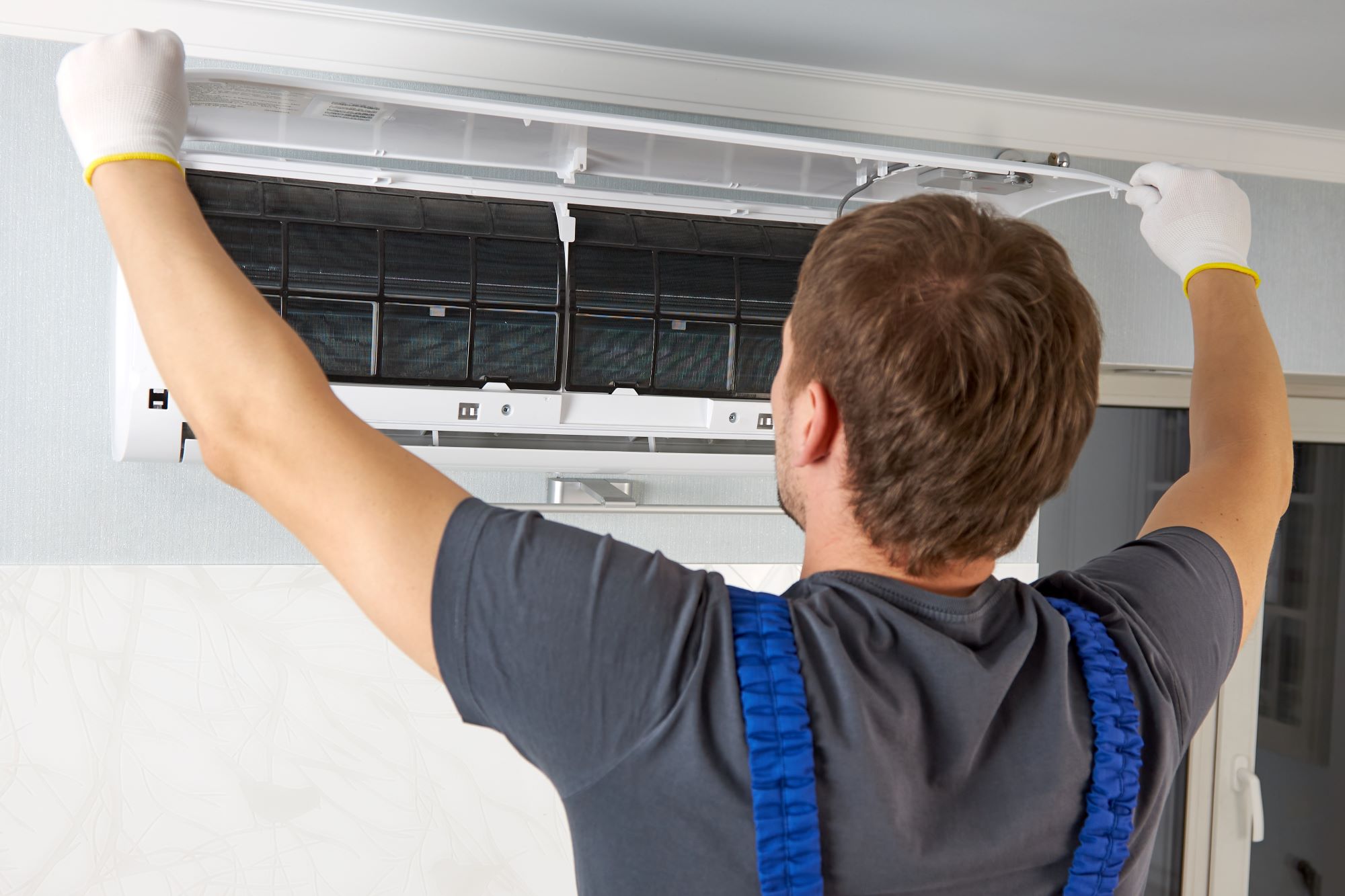
Professional installers have the training and equipment necessary for a correct installation. They ensure your AC is installed according to manufacturer specifications and local building codes. They also provide the placement of both indoor and outdoor units for optimal performance.
After the installation, professionals perform a final system check. They verify the system’s operation, check for potential issues, and confirm that it’s cooling correctly. It ensures that your AC is ready to provide efficient and reliable cooling for your home when they leave.
Know when to replace your AC
The lifespan of an AC unit typically ranges between 10 to 15 years. If your unit is within this age bracket or older, it’s worth considering a replacement. It can be less energy-efficient and may also need help cooling your home effectively.
If your AC is running longer but cooling less efficiently, it likely needs to be fixed. It could be due to internal issues such as a faulty motor or refrigerant leaks. A replacement becomes more cost-effective than frequent repairs.
Another meaningful sign is frequent breakdowns and the need for constant repairs. If your AC needs constant professional attention, it could signal that it’s nearing the end of its lifespan. For more information on when to replace your AC system, watch this video:
Research before buying
The market for AC units is vast, with many brands offering different models and features. Start learning about well-known brands, their reputation for reliability, and the types of AC units they offer. Consider aspects like warranty, customer service, and user reviews.
Look at each model’s Seasonal Energy Efficiency Ratio (SEER) ratings. The SEER rating represents the unit’s cooling output divided by energy consumption. Higher SEER ratings equate to more efficient performance and potential energy savings.
It isn’t just about your electricity bill but also your environmental footprint. Currently, buildings are responsible for nearly 40% of the world’s total annual energy consumption and 40% of total direct and indirect CO2 emissions. It implies that you’re contributing to a more sustainable future by choosing an energy-efficient AC unit.
Finally, consider the features that different AC models offer. Some units include advanced features like programmable thermostats, variable speed motors, or smartphone compatibility. While these features might add to the upfront cost, they can improve the unit’s functionality and ease of use, enhancing your overall satisfaction with the purchase.
Choose the appropriate size for your new AC
Choosing the right size for your new AC is essential for optimal performance. An oversized unit may cool your home quickly, but it’ll also cycle on and off frequently. It leads to inefficient operation, increased wear and tear, and inadequate dehumidification, leaving your indoor environment less comfortable.
On the other hand, an undersized unit will struggle to reach the set temperature, causing it to run continuously. It increases energy consumption and bills that result in uneven cooling and excess humidity. The constant operation also strains the system and shortens its lifespan.
Several factors must be considered to determine the appropriate size for your new AC. These include the square footage of your home, the amount and quality of insulation, the number of windows, and the local climate. Professionals use these details to calculate the cooling load and suggest the correct AC size, ensuring comfortable and efficient cooling.
Maintain your new AC
Once your new AC unit is installed, it’s essential to prioritize regular maintenance to ensure its longevity and efficiency. The most straightforward maintenance task is changing the air filters regularly. Dirty filters impede airflow, causing your AC to work harder than necessary, leading to increased energy consumption and potential damage to the unit.
An energy assessor must regularly inspect all air conditioning systems with an effective output of over 12kW. They’ll check the entire system, fix minor issues, and ensure the unit runs efficiently. Also, have your AC serviced by professionals at least once a year. This preventative maintenance can extend your lifespan.
Also, keep the area around your outdoor unit clear. Overgrown vegetation or debris can restrict airflow and affect your unit’s performance. Regular HVAC maintenance will allow your system to cool your home effectively for many years.
Conclusion
A well-executed AC replacement can substantially affect your home’s comfort and energy expenses. Selecting and installing a new unit may seem daunting, but you can navigate the process effectively with the proper knowledge and assistance.

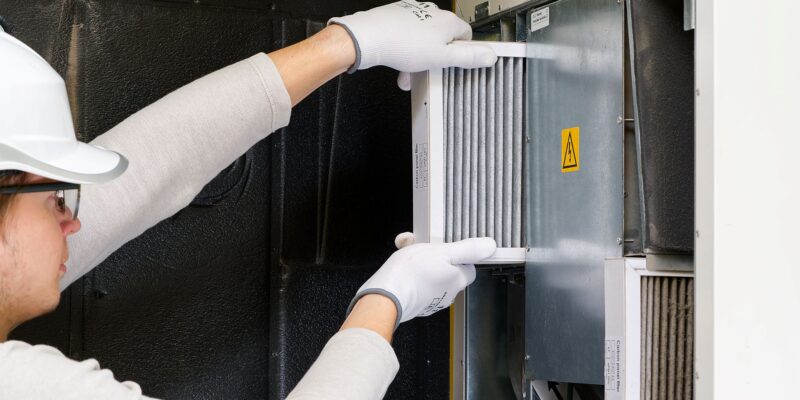
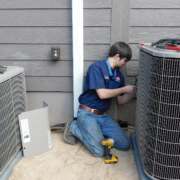
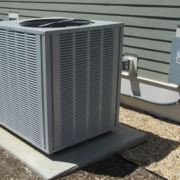

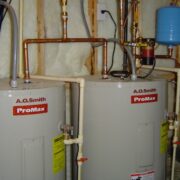
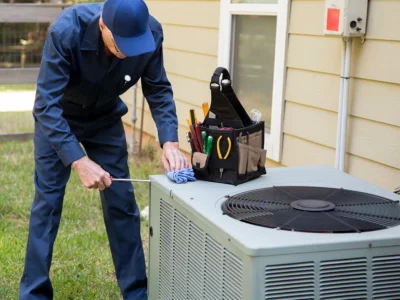
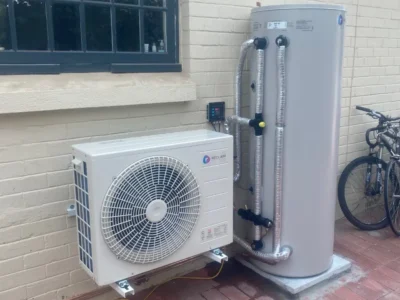
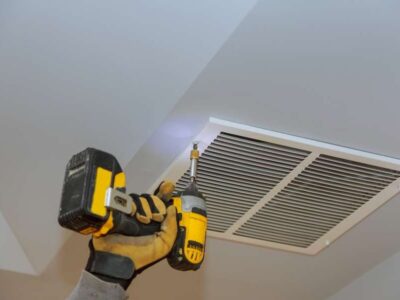
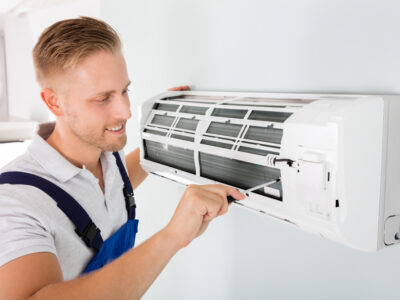
Comments